
From Syria's devastating conflict to unprecedented mass protests in Algeria, the Arab world has seen eight years of turmoil. Only Tunisia pursues democratisation, while other countries are marred by war, repression and chaos.
A panorama:
Tunisia: spark of Arab Spring
In December 2010 the self-immolation of a young street vendor, frustrated by police harassment, triggers protests against poverty and unemployment.
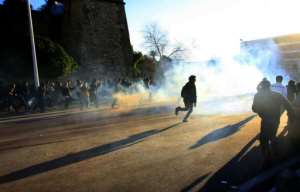 Unprecedented protests in Tunisia toppled dictator Zine El Abidine Ben Ali and sparked the Arab Spring uprisings. By STR (AFP/File)
Unprecedented protests in Tunisia toppled dictator Zine El Abidine Ben Ali and sparked the Arab Spring uprisings. By STR (AFP/File) Less than a month later, popular pressure forces long-time president Zine El Abidine Ben Ali to flee the country.
Tunisia wins international plaudits for its peaceful transition.
In 2014 it adopts a new constitution that limits presidential power. General elections are won by Nidaa Tounes, an anti-Islamist party, tailed by the moderate Islamist Ennahda party.
In December, Beji Caid Essebsi becomes the country's first democratically elected head of state.
Since three major attacks by the jihadist Islamic State in 2015, the security situation has greatly improved. Legislative and presidential elections are planned in late 2019.
Egypt: repression
After a mass 18-day revolt which costs almost 850 lives, Hosni Mubarak steps down from the presidency on February 11, 2011 ending almost three decades in power and handing power to the army.
In June 2012, Islamist Mohamed Morsi becomes the first civilian, freely elected head of the Arab world's most populous state.
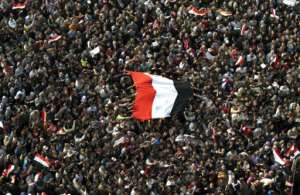 Mass demonstrations in Cairo's Tahrir Square produced some of the Arab Spring's most iconic images. By PEDRO UGARTE (AFP/File)
Mass demonstrations in Cairo's Tahrir Square produced some of the Arab Spring's most iconic images. By PEDRO UGARTE (AFP/File) The following year is marked by crises and political dissent, resulting in the ouster of Morsi by the armed forces led by Abdel Fattah al-Sisi following vast protests.
The new regime launches a bloody crackdown on Morsi supporters. Rights group Amnesty International says 1,400 people are killed in seven months, the majority being Islamist protesters.
Rights groups accuse Sisi, elected president in 2014 and again in 2018, of running an ultra-repressive regime.
Yemen: famine
In February 2012 after more than three decades in power and a year of popular revolt, Ali Abdullah Saleh is ousted and his deputy Abedrabbo Mansour Hadi takes over.
In 2014 Huthi Shiite rebels launch an offensive from which they seize vast swathes of the country including the capital Sanaa. The following year Saudi Arabia leads an Arab coalition to halt the Huthi advance.
Some 10,000 people have died in the conflict, according to the World Health Organization. Ten million are on the brink of famine.
Bahrain: dissent
Tiny Gulf state Bahrain, ruled by the Sunni Khalifa dynasty and backed by powerful neighbour Saudi Arabia, has been rocked by sporadic unrest since 2011 when authorities clamped down on Shiite protests calling for political reforms.
Since then opposition has grown and hundreds of demonstrators have been jailed or stripped of their nationality.
Libya: chaos
On February 15, 2011, protests break out against the regime of Moamer Kadhafi, in power for 42 years.
The demonstrations are violently repressed and the unrest turns into armed revolt which wins backing from NATO. On October 20, Kadhafi is captured and killed during a battle for his hometown Sirte, east of the capital Tripoli.
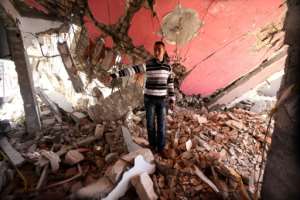 NATO conducted an aerial bombing campaign in support of rebels battling Libyan dictator Moamer Kadhafi, leaving a country in chaos. By MAHMUD TURKIA (AFP/File)
NATO conducted an aerial bombing campaign in support of rebels battling Libyan dictator Moamer Kadhafi, leaving a country in chaos. By MAHMUD TURKIA (AFP/File) Two rival authorities now lead Libya: from its base in Tripoli an internationally-backed government headed by Fayez al-Sarraj, and a parallel administration operating out of the east, supported by military strongman Khalifa Haftar.
A multitude of militias also vie for control.
The Islamic State occupied Sirte for months before being ousted at the end of 2016. Amid the insecurity and political chaos, Libya has become a major transit hub for hundreds of thousands of African migrants trying to reach Europe by sea.
Syria: ninth year of war
Syria has been shattered by eight years of conflict that have killed more than 370,000 people dead and uprooted more than 13 million.
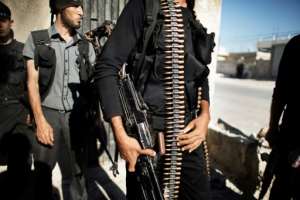 The Free Syrian Army, made up largely of fighters who defected from regime forces, gradually lost ground to extremists including the Islamic State group. By MARCO LONGARI (AFP/File)
The Free Syrian Army, made up largely of fighters who defected from regime forces, gradually lost ground to extremists including the Islamic State group. By MARCO LONGARI (AFP/File) Peaceful protests that begin on March 15, 2011, are crushed and transformed into an armed insurrection against President Bashar al-Assad, before degenerating into all-out war in 2012.
In 2013-2014, lightly armed rebel groups are pushed aside by Islamic militias such as the Al-Nusra Front, an Al-Qaeda affiliate, then the IS.
With military backing from its allies Russia, Iran and Lebanese Shiite organisation Hezbollah, the regime wins back territory it had lost. Today it controls nearly two thirds of the country.
Algeria: massive protests
Algeria is rocked from February 22, 2019, by a wave of unprecedented demonstrations, sparked when ailing President Abdelaziz Bouteflika, in power since 1999, says he will stand for a fifth term.
On March 11, Bouteflika pulls out of the presidential race but postpones the election planned for April 18, effectively extending his term.
Protests continue.
Read Full Story
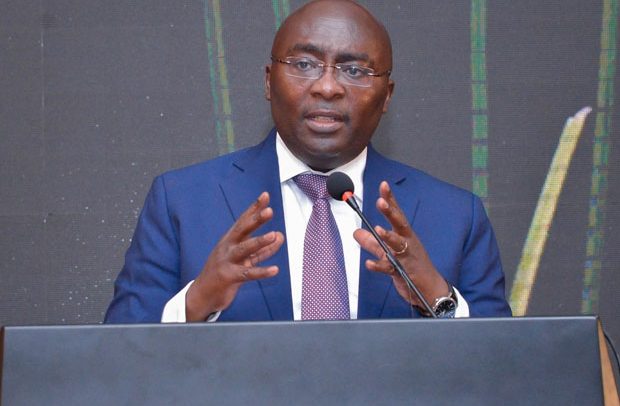

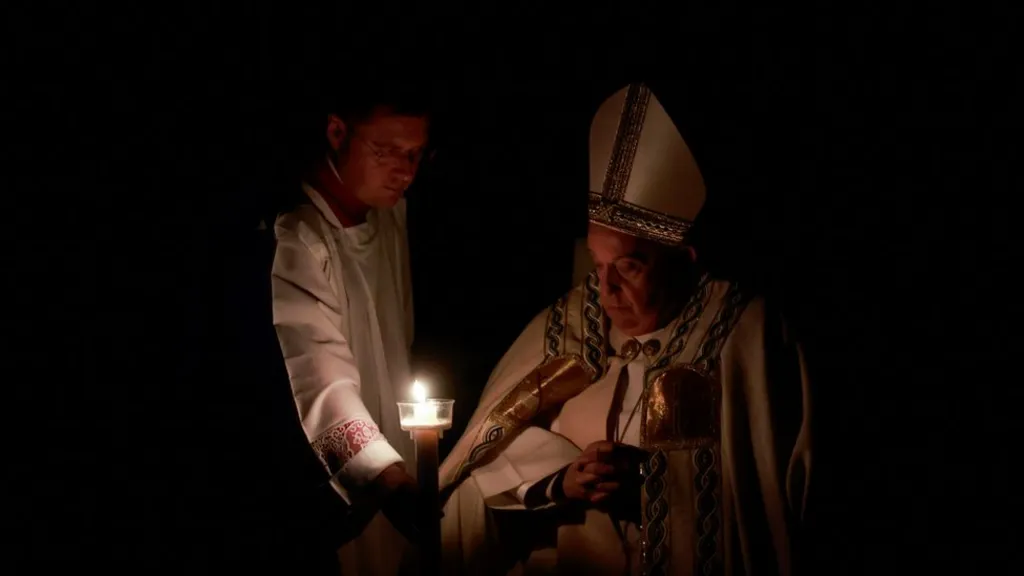
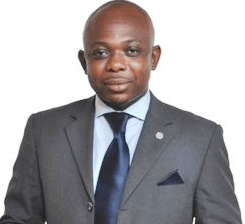
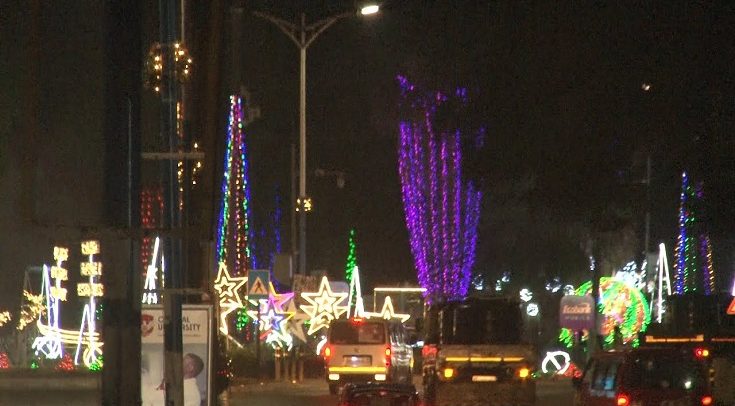













Facebook
Twitter
Pinterest
Instagram
Google+
YouTube
LinkedIn
RSS